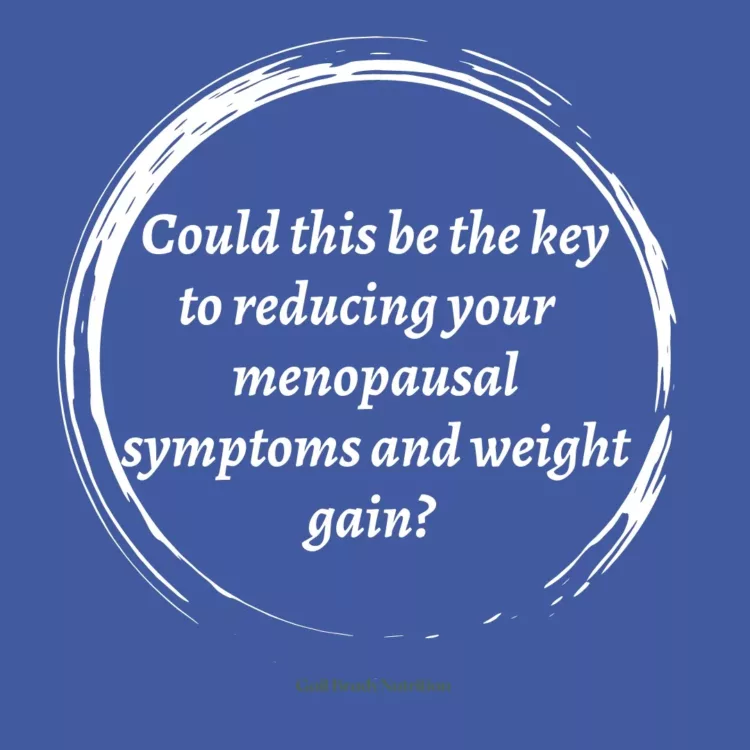When I wrote the dissertation for my Master’s degree back in 2019, I was conscious that there was little mention of the role of blood glucose (sugar) or insulin control and their potential roles in increasing weight around the middle in menopausal women.
My review discussed the potential effects of menopause on our hormones, appetite, stress levels, sleep and how genetics, race and ethnicity, environmental toxins, gut health and physical activity could all play a part in weight gain and menopausal symptoms.
About the research…
But the thing about reviewing scientific evidence is that the information has to be there to report. Someone has to have studied it and not everything gets studied for a variety of reasons, but it often comes down to money… So just because there isn’t much research, doesn’t mean something doesn’t work or exist.
It also depends on how the information is categorised and on the researcher using the right search terms, and the right research question.
As a novice researcher, the error was likely mine, but there may just have been very limited evidence available on the roles of glucose and insulin at that time. I know that the topics did not often appear in the pool of studies included in my research project.
Since that time, I have often wondered about a potential connection between blood glucose, insulin and menopausal symptoms… In fact, the more women that I speak to in my practice the more I believe (anecdotally) that there is a potential link between the severity of a woman’s menopausal symptoms and her ability to control her blood glucose and insulin levels.
There is also some current Scientific research that suggested that there may be a link between menopause and the body’s ability to utilise glucose as effectively (blood sugar). This has been associated with declining levels of oestrogen, however, there are still limited studies.
Why does this matter?
The food you eat is converted into sugar which then enters your bloodstream.
Cells in your pancreas sense this increase and regulate the levels of blood glucose by releasing the hormone insulin.
Insulin transports the glucose to wherever it is needed in the body for energy; your muscles, cells, brain etc.
Excess glucose is stored in the liver for later use or stored as fat.
During menopause, it is thought that your body’s ability to make effective use of glucose becomes altered due to declining levels of oestrogen and that your body can stop responding as effectively to the signals of insulin.
The results of this could include:
- Hot flushes and night sweats
- Brain fog
- Fatigue
- Low mood and depression
- Anxiety
- Food cravings
- Irritability
- Acne
- PCOS
- Skin tags
- Elevated cholesterol
- Elevated blood pressure
- And obesity, especially weight around the middle
This is why one of the foundations and keys to managing menopausal symptoms and weight gain can be about managing your blood sugar (glucose).
I work on this with all of my clients, diet and exercise are key.
Lifestyle factors are often also involved, such as how you manage stress and the amount and the quality of your sleep
So, if you want to experience; increased energy, better mental clarity, improved moods, fewer cravings, improved skin and overall health this could be where you need to start
5 quick diet tips to get you started
- Make sure every meal contains a combination of fibre, protein and healthy fats. I have written more about this here and here
- Eat your fibre and protein sources first and any carbohydrates last
- Take a short walk or do some squats after each meal
- Avoid snacking unless you are genuinely hungry. If so, just make sure that you follow the same rule as other meals and include fibre, protein and healthy fat.
- Choose a savoury breakfast (your first meal of the day if you practice intermittent fasting or time-restricted eating). I will be showing you what this can look like on social media for the last 10 days of April (2022) with my dinner for breakfast challenge. Why not join me?!
If you would like a more personalised approach to your diet and lifestyle or have specific health issues which you would like to discuss, you can book a free call here.
